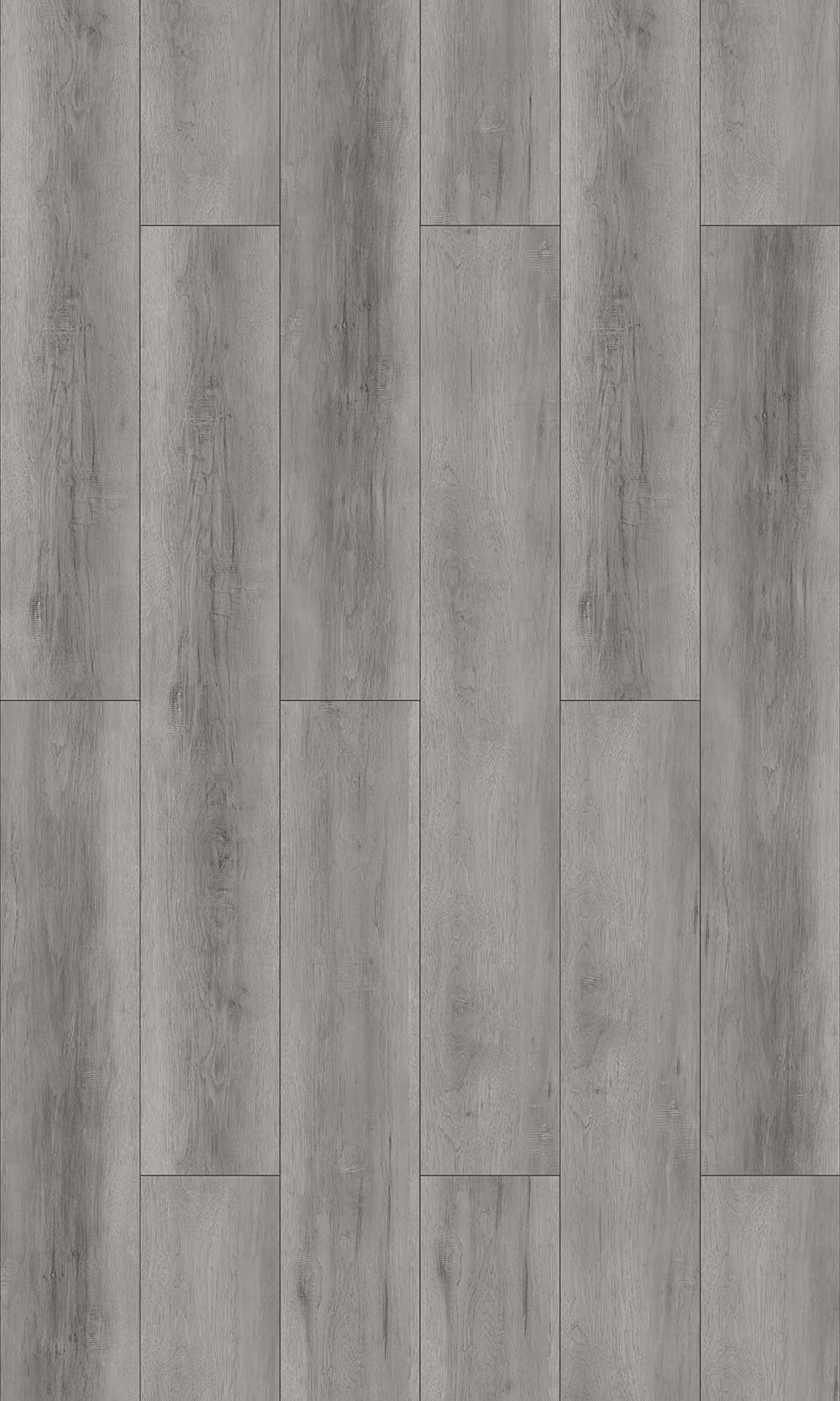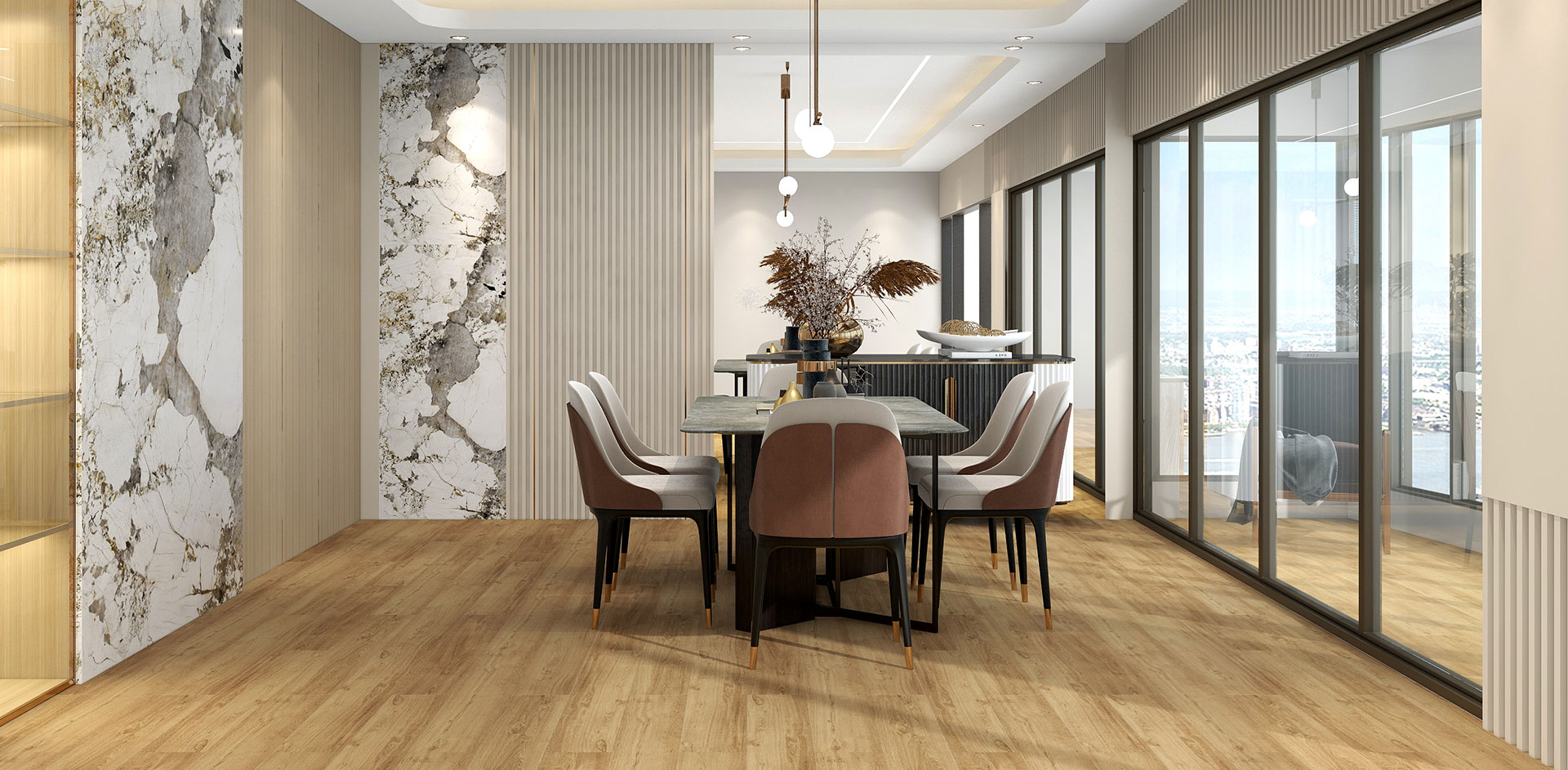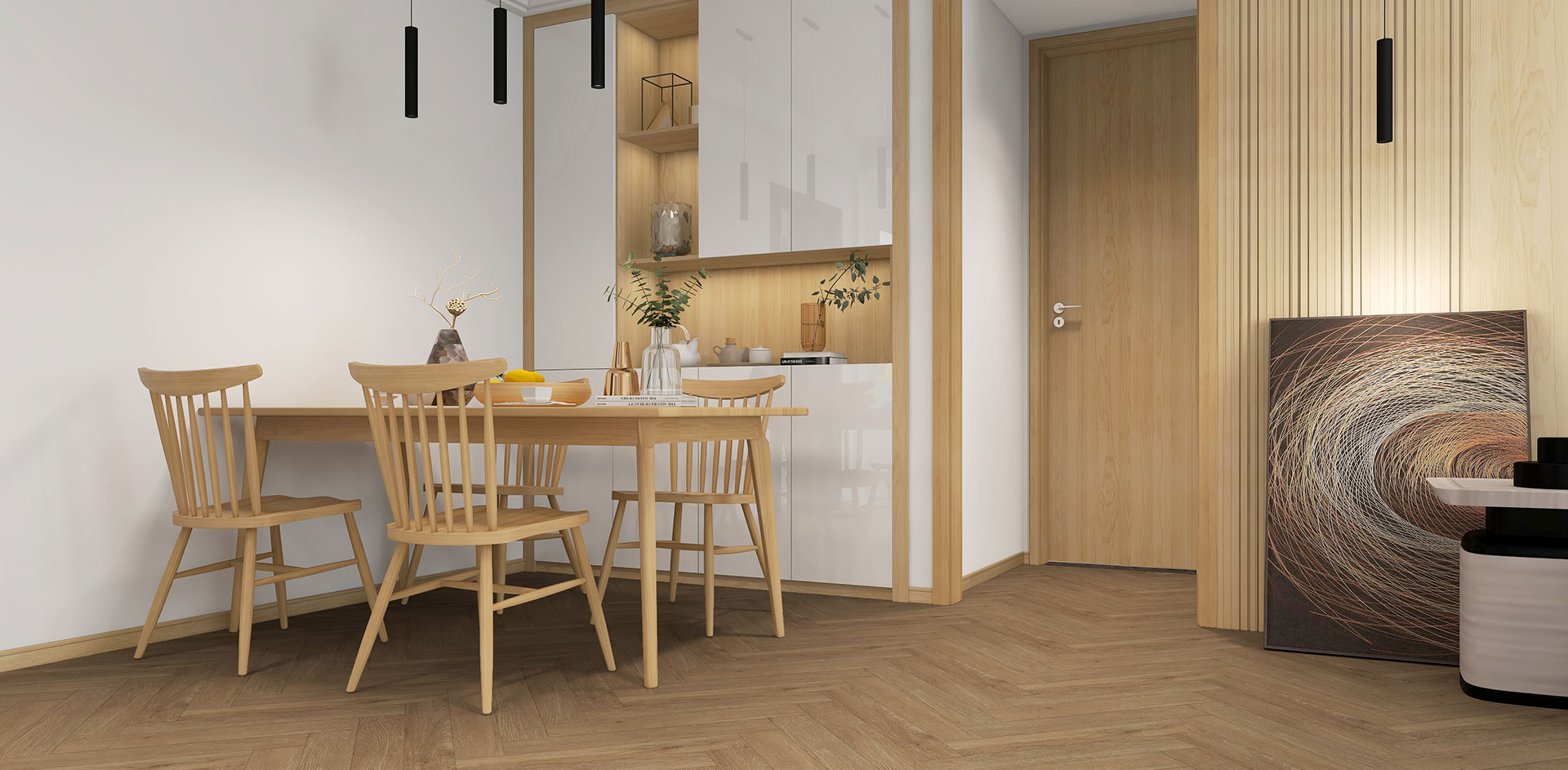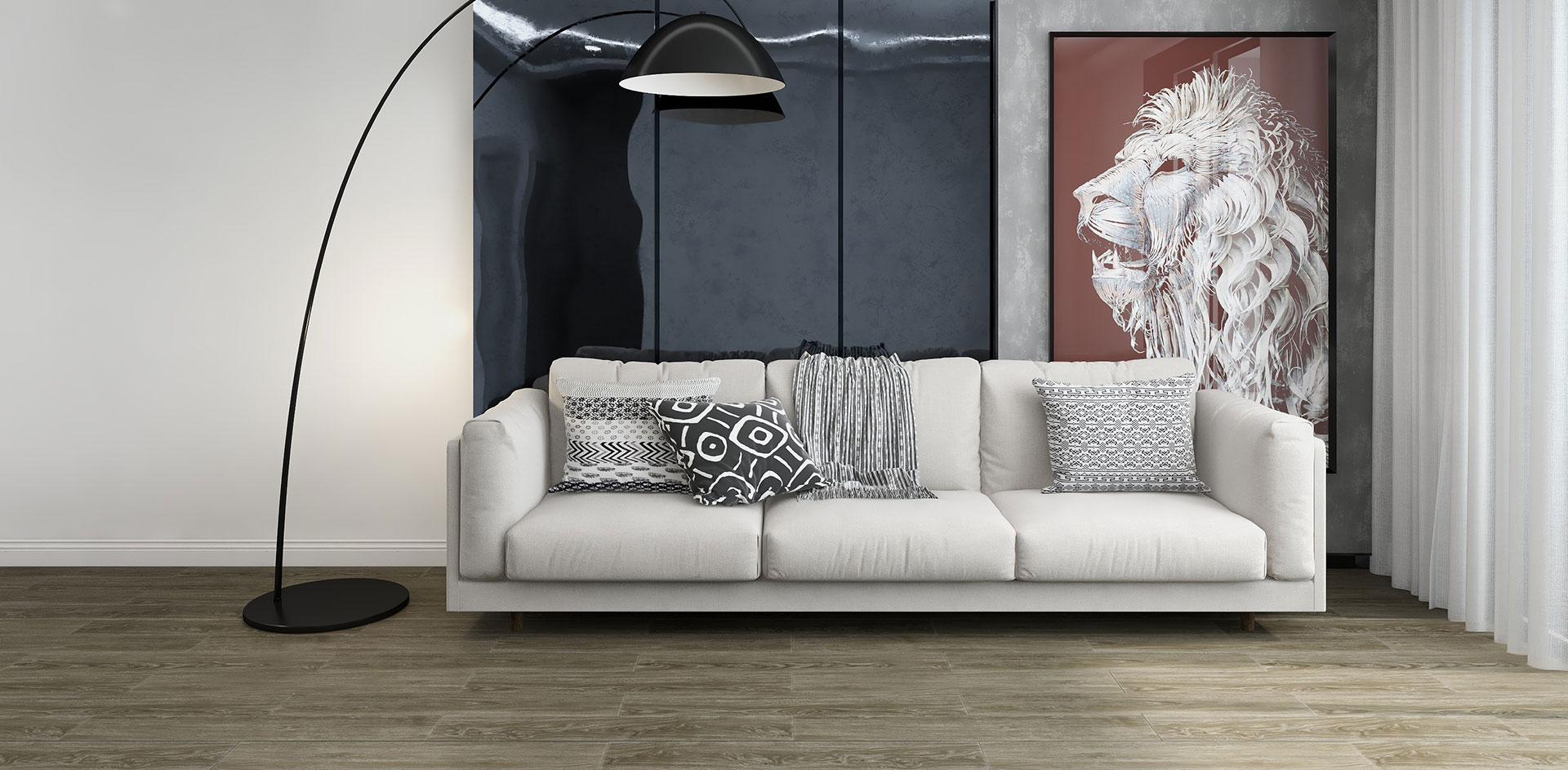Vinyl plank flooring is a popular option for homeowners looking for traditional floor materials without the cost or maintenance. It’s easy to install, comes in a wide variety of colors and styles, and is incredibly durable. But, with so many options available, it can be difficult to choose the best vinyl plank floors for your home. In this article, we’ll look at the advantages and disadvantages of this type of flooring, and help you find the right choice for your space.
Traditionally, vinyl planks were made to mimic other types of flooring. The most common was wood, but you can also find them that look like stone or ceramic tile. In the past, vinyl was a bit of a “bad boy” in the industry because it could be very difficult to keep up with maintenance requirements, and it can be hard to get a good look with older versions of the product. But, modern vinyl has come a long way. There are now products that look very convincingly like hardwood or stone, and are much easier to maintain than older vinyl floors.

One of the biggest advantages of vinyl planks is that they are much more water-resistant than other types of flooring. This is important because it makes them a great choice for bathrooms and kitchens. However, even if you don’t have wet rooms in your home, you might want to consider this option for other areas like entryways and living spaces. The durability of vinyl is one reason it has remained a popular flooring choice for decades, and the water-resistant feature can help you avoid serious problems down the line.
The best vinyl plank flooring options are usually constructed with a waterproof core. This helps to make them resistant to scratches and stains, as well as odors from pets and kids. These floors are often backed by warranties to protect your investment. There are a number of factors to consider when choosing a vinyl plank floor, including thickness and width. Generally, thicker floors are better for high-traffic areas because they are more resistant to damage. Thickness is typically measured in mils, but it can vary from product to product.


 EN
EN  English
English Español
Español






